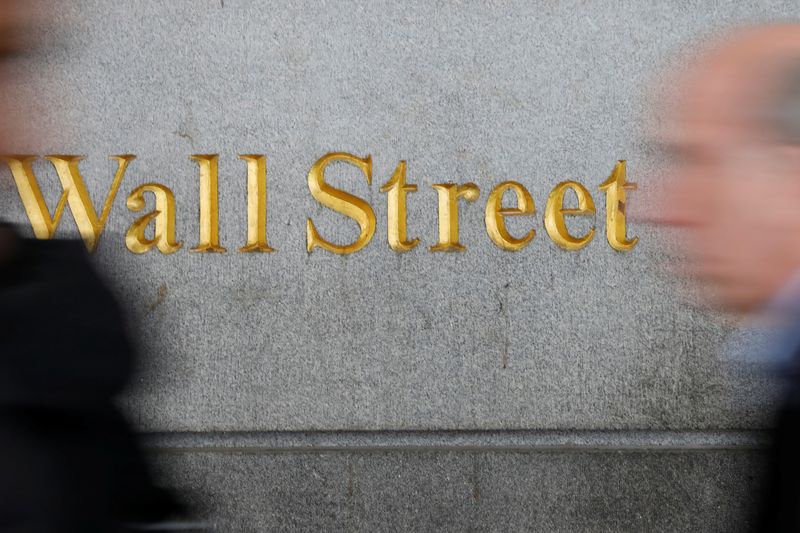Carolina Mandl
3 min read
By Carolina Mandl
NEW YORK/LONDON (Reuters) -Wall Street analysts are cautioning that a tax targeting foreign investors in the U.S. budget bill progressing through Congress could end up weighing on demand for U.S. Treasuries and the dollar.
The U.S. House of Representatives has approved a sweeping tax and spending bill that includes the possibility of imposing a progressive tax burden of up to 20% on foreign investors' passive income, such as dividends and royalties.
The levy, included in section 899, would be paid by entities such as sovereign funds and companies with businesses in the U.S. or individuals from countries that impose taxes the U.S. considers unfair, including digital service taxes.
"We see this legislation as creating the scope for the U.S. administration to transform a trade war into a capital war if it so wishes," George Saravelos, head of FX research at Deutsche Bank, said in a note on Thursday, adding the new tax could have an adverse impact on demand for U.S. Treasuries.
If passed by the Senate, the rising tax rate on foreigners' investments would come at a time global investors have started to question so-called "U.S. exceptionalism," or its unique ability to outperform other financial markets, due to a growing fiscal deficit and a new trade policy based on tariffs.
Financial services firm Brown Brothers Harriman (BBH) said in a note the new tax rate was "playing with fire."
"It would deter foreign investment in U.S. assets at a time when the country faces increasing reliance on foreign capital to finance its ballooning debt. Clearly, this is not good for the dollar," said Elias Haddad, BBH's senior markets strategist.
If it is also approved by the Senate, it could raise $116 billion in taxes over 10 years, the Congressional Budget Office said, based on estimates produced by the Joint Committee on Taxation. Still, revenues would be nearly flat in 2032 and the provision could turn into losses in 2033 and 2034, according to the calculations.
Nomura said there would likely be a push back against the new tax rate or negotiations to seek exemptions for Treasuries and agency mortgage-backed securities, as the bank considers the burden on overseas investors could have unintended consequences for those assets.
Rajeev Thakkar, chief investment officer and director at PPFAS Mutual Fund, said an increase in tax rates on investors "may reduce their appetite somewhat."
DOLLAR WEAKNESS
Geoff Yu, EMEA macro strategist at BNY in London, said that based on his observation of investor flows, there had not been an immediate reaction.













